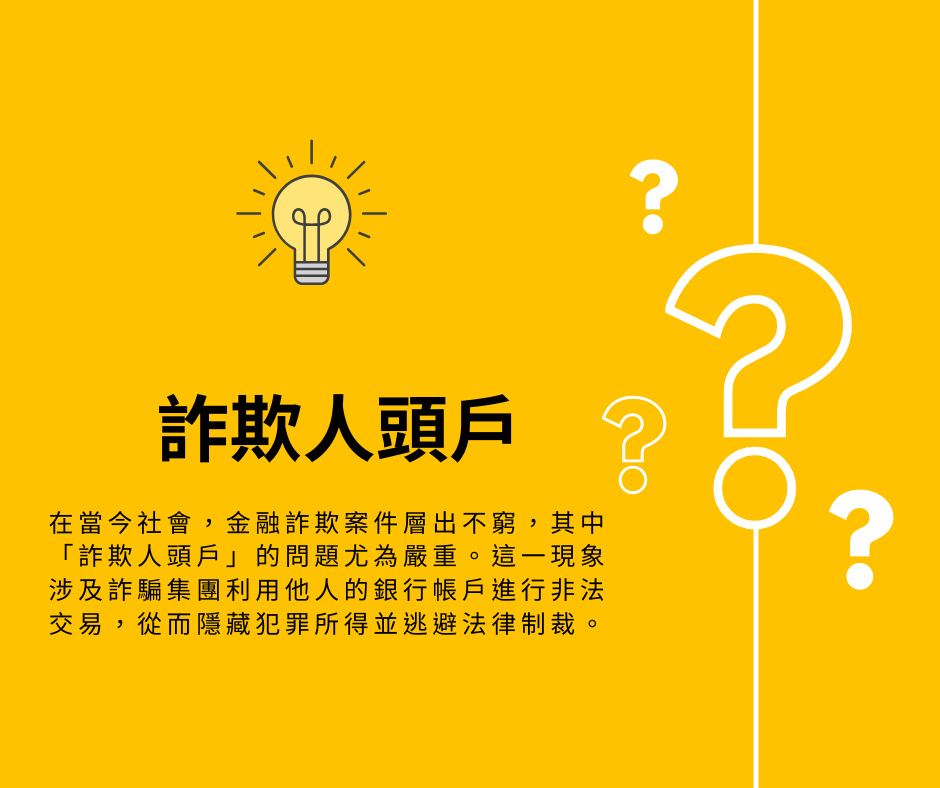首頁 > Case Studies
Case Studies | What to do if you encounter a loan scam?

【Case Background】
Xiao De, in urgent need of money and worried that the bank loan amount would not be sufficient, found a loan website on GOOGLE to assist with bank loans. After contacting the site's specialists, he joined the "ID card loan - urgent money borrowing - loan website" LINE group and completed the necessary loan documents. A few days later, the specialist mentioned that to beautify the cash flow, making the bank willing to lend a higher amount, they would first transfer a sum of money and asked Xiao De to transfer it out to organize the cash flow. Xiao De, unsuspecting, complied but never received the loan amount. The specialist only mentioned that the document review would take some time and then disappeared. A few days later, Xiao De received a notification from the bank that his account had been marked as a warning account, only then realizing he had been scammed!
【District Prosecutors Office: Non-prosecution decision】
Reference:Chapter 32 of the Criminal Code: Crimes of Fraud, Breach of Trust, and Usury
[Continue reading:Bank account becomes a nominee account]
-
04.30 2024Case Studies
The Responsibility of Faculty Harassing Students!
-
04.23 2024Case Studies
Can compensation still be claimed if a contract te...
-
04.16 2024Case Studies
What is a guardianship declaration?
-
04.09 2024Case Studies
Sexual Autonomy Violation | Tricked in a Sex Trade...
-
04.02 2024Case Studies
Domestic Litigation | Spouse Secretly Installs Sur...
-
03.26 2024Case Studies
Can Accusations Be Made Years After the Relationsh...
-
03.19 2024Case Studies
Negligence of Supermarket! Joint Liability of Empl...
-
03.12 2024Case Studies
Defective Renovation Work and the Contractor's Ref...
-
03.05 2024Case Studies
Is it Wrong Just Because the Administrative Agency...
-
02.27 2024Case Studies
Criminal Drugs | Selling Class 2 Drugs vs. Transfe...
-
02.20 2024Case Studies
Civil Case | What to Do if Common Areas and Mechan...
-
02.06 2024Case Studies
What to do if you encounter a loan scam?
-
01.30 2024Case Studies
Paid the decoration deposit, but the construction ...
-
01.23 2024Case Studies
Fraud | Can you be sued for fraud just for online ...
-
01.16 2024Case Studies
Installing Own Surveillance Cameras, Does It Viola...